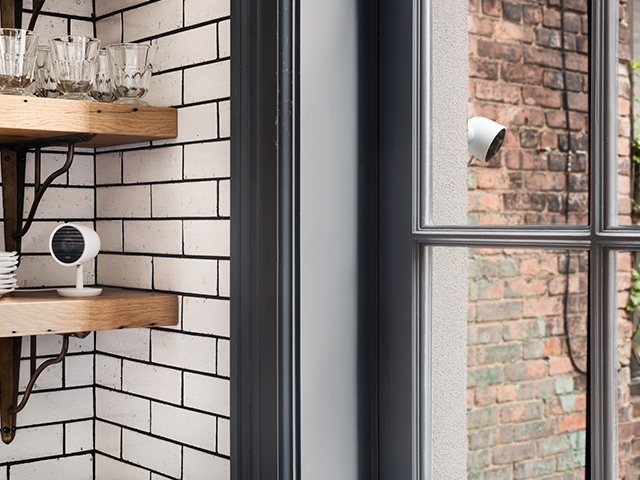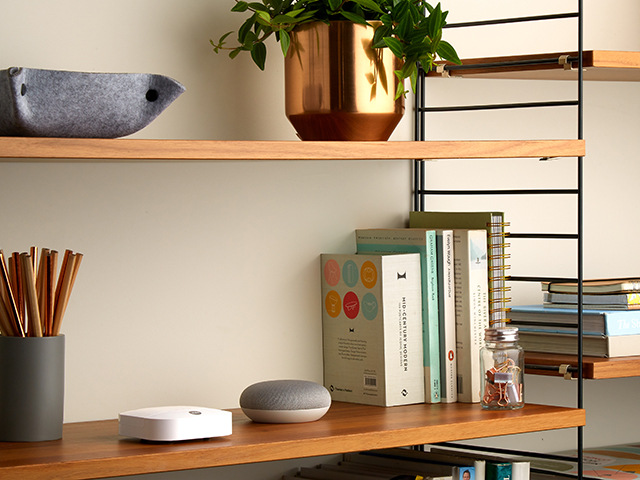Home security installation tips
Fit your own system with this expert advice on hotspots and system checks
A home security system can help deter would-be burglars and may even lower your home insurance quote. DIY home security systems are relatively easy to install. Kevin Spencer, Product Manager at Yale, offers tips for success when setting up.
Planning for installation
When unboxing your system make sure you have everything you need to install it. The box should tell you what’s required for installation, such as a screwdriver or tape measure. Familiarise yourself with each piece in the kit. This will help when reading through the manual because you’ll understand what each individual piece does and what it connects to.

Nest Cam IQ Indoor & Outdoor, Google Store
Decide on hotspots
Take the time to plan out your DIY home security system before beginning installation. Figure out which locations in your home will provide you with the most protection and decide where the sensors and hub will be. Think about the order in which the products need to be installed. For instance, the smart hub is central to an alarm system and so all other devices need to be linked with it to work.
Check connections
Ensure your internet and Wi-Fi connections are working correctly and are strong. The strength of the Wi-Fi can affect the set-up and cause issues during the installation process.

Yale Sync Home Alarm is easy to install
Test it out
Test your device once set up is complete as it could highlight any connection issues between the central hub and the accessories. Smart alarms that work with a smartphone app require testing to ensure locations are correct. And to see how the system reacts to people entering and leaving.
Check your apps
As you will be using your smartphone or tablet to manage the system, check their connection and ensure you understand how the app operates and how to manage it.

Home security system app from Secure Connect
CCTV and data protection laws
Note that the position of outdoor cameras should comply with data protection laws. If your system captures only images within the boundary of your property, including your garden, then data protection laws will not apply to you. Find out more on the Information Commissioner’s Office website.









